Email security best practices represent possibly one of the most boring topics you can try to educate your employees on. However, it is also probably the single most important business anti-spam campaign that you should endeavor in order to avoid some of the worst spyware, malware and virus attacks on the web. Ensuring compliance with these best practices may seem boring, but avoiding massive attacks, productivity drops and user device failures sure seems like a win. Educate employees today and quarterly to keep it fresh.
Redefining Strong Passwords
Once upon a time, a strong password resembled something like this: 4Bac&!. Today however, this is a simple password to crack with a simple brute force attack by a computer hacker that can use software that tries millions of combinations of letters, numbers and characters in a matter of seconds.
Instead of using short but random passwords, start teaching your staff to use long but memorable passwords. Every character you add to a password effectively increases its difficulty to crack exponentially. So a password like “Leapinglizardslick2manylollipops†is basically unbreakable. Using different passwords for every email account is also important to ensure if one is cracked, hackers do not get access to all your accounts.
2 Step Verification
Are you looking for an ultimate form of protection for your email accounts? Besides keeping business anti-spam at bay, attacks from within also need to be stopped. Following 2 step verification in order to access email accounts can often stop these types of attacks in their tracks. These verification procedures often include a traditional password with a pin number that is sent to a secondary device like a cell phone. The hacker would then require the individuals cell phone to gain access to an email account.
Email Encryption
Ensuring the safety of your corporate email should also start with effective encryption. If you are not encrypting your business email accounts, during storage and transfer, you are simply asking to be hacked and for sensitive company information to be stolen. By encrypting data in emails where it is stored and in transit, even if someone was to get a hold of the raw data, it would be useless.
Anti-Everything
Having an active email user base and not having business anti-spam, antivirus and other anti-malware protections in place is a perfect opportunity for hackers to attack. Often the best practice in regards to email is also not to have just one. Essentially because viruses, spam and malware are continuously evolving, having two layers of protection can offer better long term protection.
Business anti-spam is becoming essential to enable better employee productivity as well as increasing security for corporate email accounts. A quality antivirus suite offers protection against software vulnerabilities and keeps your systems from becoming infected while an anti-malware product ensures links and attachments in emails are checked before downloading.
modusGate offers a host of products that can meet all three threats head on.





Leave a Comment